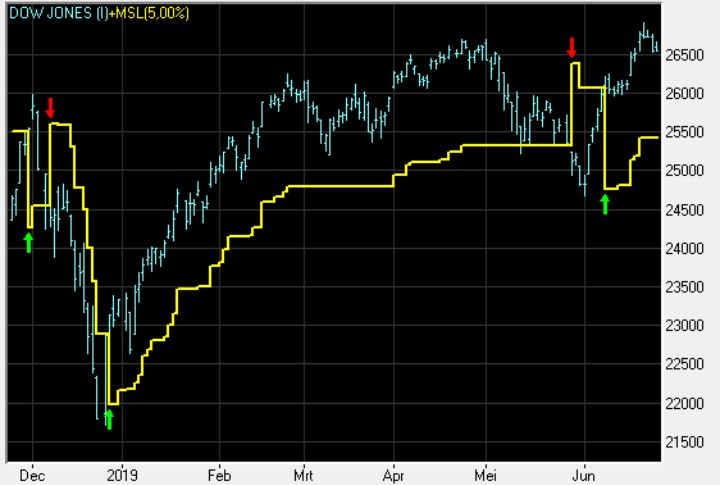
An investment can appear promising until a sudden market shift challenges expectations. That’s when preparation matters most. Although risk is part of the process, it doesn’t have to control the outcome. Over time, careful planning and thoughtful choices can significantly limit losses. Here, you’ll find 10 strategies that have been tested and recognized for their ability to lower investment risk in practical, measurable ways.
Diversify Across Asset Classes

Seeing one market swing sharply can be unsettling. By spreading investments across stocks, bonds, real estate, and commodities, you can help steady returns. Nobel laureate Harry Markowitz showed diversification lowers risk without cutting gains, and seasoned investors rarely place more than 60% in a single asset class.
Use Stop-Loss Orders

When prices reach a set threshold, a stop-loss order steps in automatically to sell and contain losses. First used in stock trading, it’s now common in crypto and forex. Warren Buffett may skip them, but many traders rely on these set-and-forget tools to protect gains even while sleeping.
Hedge With Options

Options work as both speculative plays and protective tools. A protective put secures a sale price, cushioning against downturns before losses mount. Since 1973, the Chicago Board Options Exchange has offered ways to hedge currency and commodity risks, strategies that large corporations still depend on today.
Invest In Low-Cost Index Funds

Owning the entire market can be a smarter path than betting on a single standout. Index funds track benchmarks like the S&P 500, which has averaged around 10% annual returns over decades. Created by Jack Bogle, they offer broad exposure for expense ratios as low as 0.03%.
Keep A Cash Reserve

Market slumps often force investors into selling at the worst possible time, unless a cash reserve is ready. This pool doubles as a safety net and an opportunity fund for buying when prices are favorable. The long-standing “three to six months’ expenses” rule dates to the 1970s, though some affluent investors keep 20% or more.
Limit Leverage

Borrowing can make your gains look impressive, but it can make your losses hit harder, too. Over-leverage played a big role in the 1929 market collapse. While hedge funds keep leverage ratios tight, forex markets still offer extreme 500:1 levels. Keeping your debt-to-equity low is one of the best defenses.
Rebalance Regularly

Portfolios drift over time, with winners growing larger and skewing risk. Rebalancing pulls them back to the intended mix, often by selling high and buying low. Some robo-advisors handle it automatically, yet disciplined investors schedule it. Annual rebalancing can also improve risk-adjusted returns, proving it’s more than just tidying up numbers.
Focus On Quality Investments

Blue chips, named after the highest-value poker chip, are backed by strong financials and steady earnings. Dividend Aristocrats, which have raised payouts for 25+ years, hold stability. For many investors, quality outranks rapid growth, which offers resilience when volatility tests patience and strategy.
Understand Market Cycles

Economic cycles shape every investment decision. Bull markets often run about five years, bear markets about one. Recognizing these phases can prevent panic during downturns or reckless bets in booms. Even the “bull” term has roots in the upward sweep of horns, a reminder that history and behavior change market rhythm.
Conduct Thorough Due Diligence

Jumping into an investment without your own thorough research is dangerous. By digging into fundamentals, risks, and management quality, you can filter out scams and overpriced assets. Even billion-dollar deals have crumbled without it, making due diligence both a long-standing legal duty and an essential modern safeguard.
